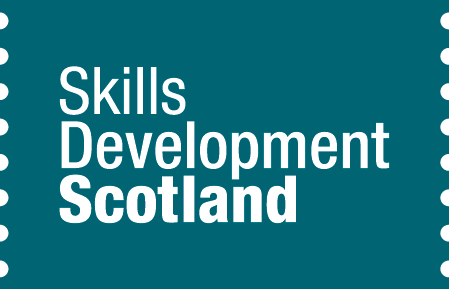-
 on our industry-led Apprenticeship in Hospitality ProgrammeSHAPE YOUR FUTURE WITH USApply NowAutumn 2023 intakeon our Industry-led Apprenticeship in Hospitality Programmeon our Industry-led Apprenticeship in Hospitality Programme.Applications are now open
on our industry-led Apprenticeship in Hospitality ProgrammeSHAPE YOUR FUTURE WITH USApply NowAutumn 2023 intakeon our Industry-led Apprenticeship in Hospitality Programmeon our Industry-led Apprenticeship in Hospitality Programme.Applications are now open
for October’s intakeApplications are now open
for October’s Intake
CV Tips
Are you preparing to submit your application for this year’s HANE intake? Or are you ready to apply for your dream job in hospitality? Then having the right CV is going to help you stand out from the crowd.
If you have never written a CV before, or your existing resumé is overdue a make-over, then check out our top tips for putting together the perfect CV to help you get started.
Keep to the point
You want a prospective employer to read your CV and pick up on the essential details you want to get across. Which is why you should always keep your CV to no more than two sides of A4. As an apprentice, most employers will expect to see just one page. And don’t be tempted to write your life history but keep the information you are providing upbeat, to the point and easy to read. You can then fill in all the details in person once you get an interview!
Choose a clear structure
It may be tempting to go clipart or design crazy to make your CV stand out, but this can be counterproductive. To make your CV to look good, a clear, simple structure is always the best option.
Your CV should start with your contact details, with your name used as the headline. The remainder of the CV should include key sections, such as education, employment history, work experience and relevant skills. You also need to include details of referees at the end; aim for two reference contacts if you can.
Include a personal statement
To give the employer an idea of who you are as a person, it is always good to include a short personal statement in your CV, after your name and contact details. You can use this section to briefly explain who you are as well as why you are the best person for the apprenticeship and what you can bring to the role. The beauty of including a personal statement is that you can tailor this section to each job you apply for without re-writing your CV every time.
Make the most of your skills and experience
A list of qualifications and job roles will not necessarily convey your complete suitability for the job, so don’t forget to include some specific skills or experience that will help you stand out.
These skills can include communication, teamwork, problem-solving, IT or something specific, such as a foreign language. And don’t forget to give short examples of where you have demonstrated these skills in action – for example, how you used your skills to resolve a specific problem.
Let them know about your out-of-work interests
Listing your main interests not only gives the employer a better sense of you as a person but will also highlight other skills and characteristics that can benefit them in the workplace.
From playing a team sport such as football to volunteering for a local charity, active and engaging hobbies will demonstrate wider skills that may also help fill any direct experience gaps you may have in your current employment history.
Check your facts and spelling
Once you have put your CV together, go back to the beginning and check it thoroughly for any spelling mistakes or omissions. Also, make sure all your facts add up correctly and try to avoid leaving any gaps in information or dates, for example in your work or educational history.
And finally…keep it updated
Just because you have completed your CV doesn’t mean it will always be up to the job, especially as you gain more experience, skills, or qualifications. So, periodically reviewing your CV and adding new information or detail is a good habit to get into, regardless of whether you are looking for another job.
Having a bang-up-to-date CV that portrays you in the very best light will ultimately save you time and means you are ready to go, should you see your next dream job advertised!
Looking for some ideas for your new CV? We have a sample CV to help inspire you.



